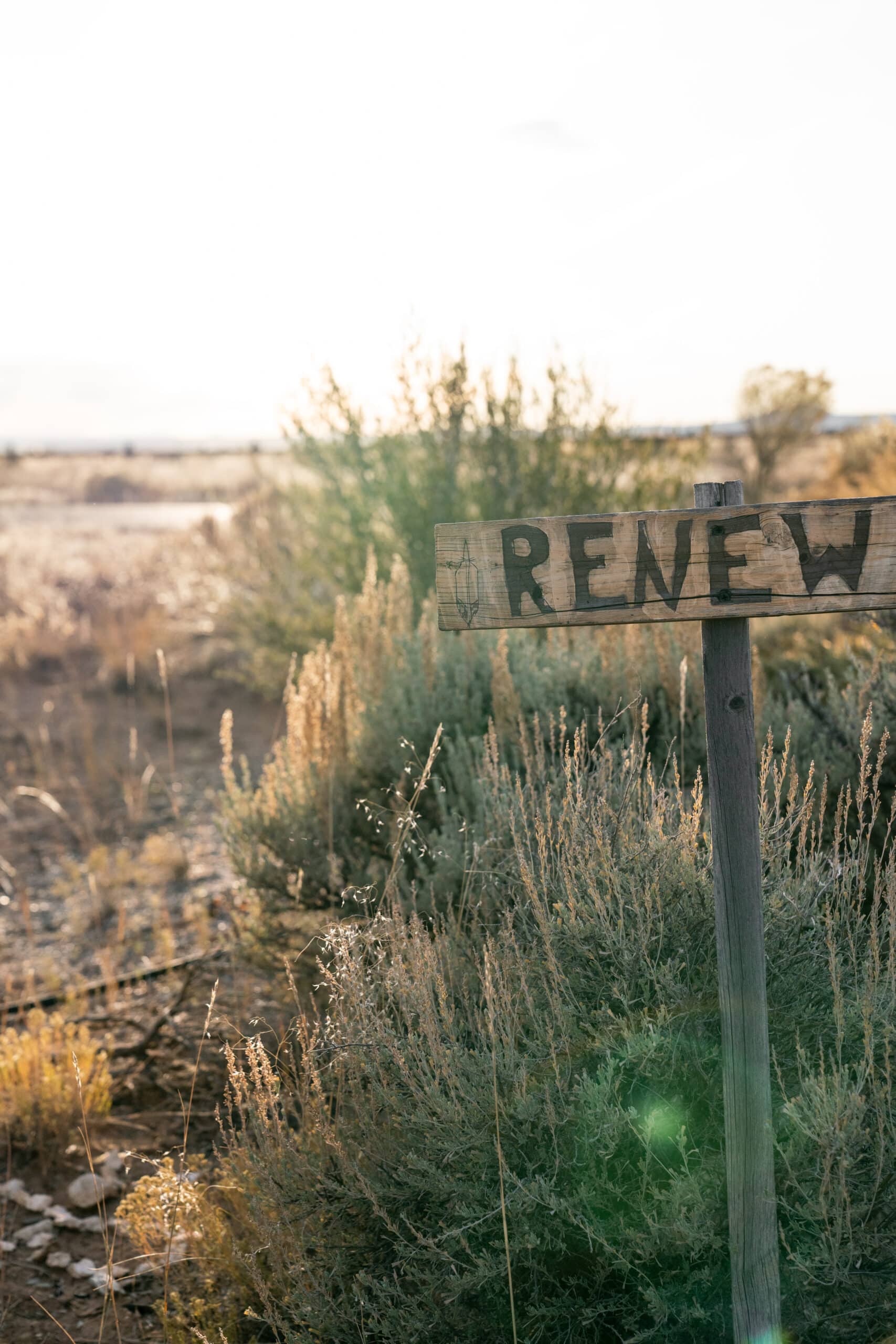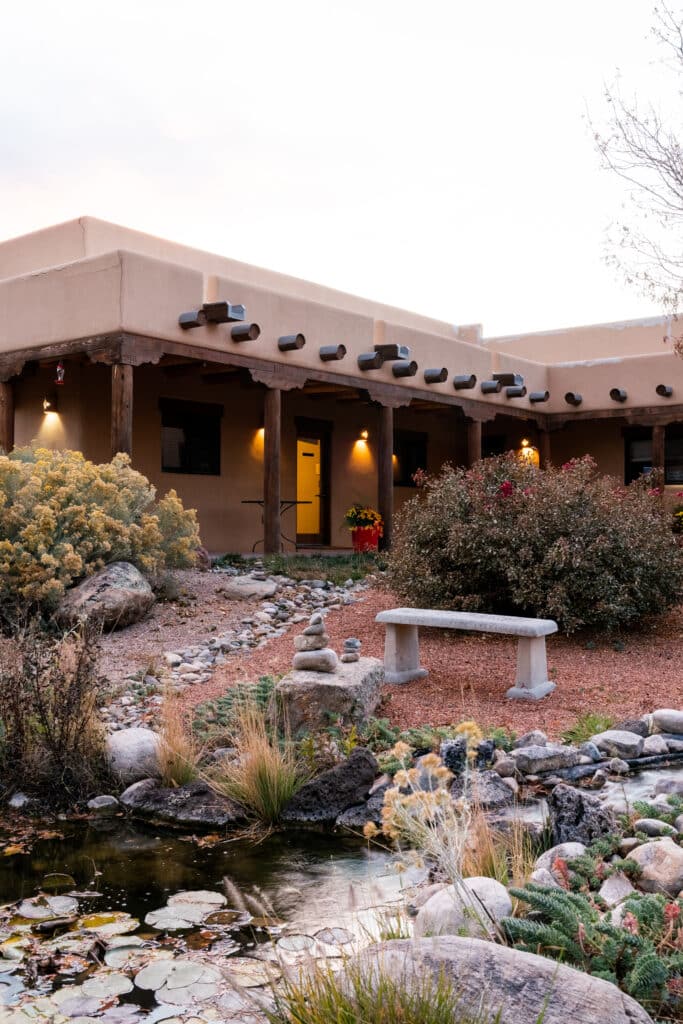- About Us
- Our Programs
- Holistic Recovery
- Admissions
- Resources
- Contact
- About Us
- Our Programs
- Holistic Recovery
- Admissions
- Resources
- Contact
Alcoholism can be complicated to identify; because this substance is legal and widely available, heavy drinking can fly under the radar for extended periods of time. But what exactly is alcohol use disorder, and how do you know if your drinking is out of control? We’ve answered these questions and more below.

In conversation, you will most likely hear various definitions and characteristics of alcohol addiction. Drinking to excess, drinking every day, drinking alone — all of these are popularly talked-about signs that someone might be addicted to alcohol. But when it comes to its true definition and deeper seated harmful effects, alcoholism is characterized by:
So how do you know if you are drinking too much? Or how do you know if a loved one is drinking too much? Even more importantly, and truly the big question —
If you find that your relationship with alcohol causes you pain, such as missing too much work or strife with a loved one, or if you feel that you need to drink to quell cravings or other problems, consider that it may have taken over more of your life than you realized. If you sometimes feel like you wish you could stop drinking, but something keeps pulling you back, it might be time to ask for help. Alcoholism recovery is a difficult journey, and it’s important to realize that you should not try to brave your recover alone — professional alcohol rehabilitation can provide the structure and support you need to heal and avoid relapse in the future.
Consistent and heavy drinking will harm practically every organ in your body — your brain, your liver and your heart are at the top of the list. Drinking is frequently associated with developing mental health disorders like anxiety and depression, is known as the primary cause of illness and death from liver disease, and is connected to cardiovascular diseases such as hypertension and stroke.
Heavy drinking is also a contributory factor in 65% of all cases of pancreatitis and increases your risk for cancer. Drinking can also depress your immune system, making you more susceptible to infectious diseases — from something as simple as the common cold to more serious infections like pneumonia. Drinking while pregnant can affect not only your health, but also the health of an unborn child — every year 4,000 to 12,000 babies are born with the physical signs and intellectual disabilities associated with fetal alcohol syndrome.
Drinking doesn’t only affect physical health; it can cause chemical imbalances in the brain that lead to symptoms of anxiety, depression or other mental health disorders, or it can make existing symptoms worse. What’s more, the effects of alcoholism extend to close friends and family members, too. Your drinking habits can worry your loved ones, cause you to neglect those who depend on you and result in actions that damage your relationships — and those in them — permanently.
Left untreated, alcoholism will deteriorate your health and your relationships and may cause you to lose your job, your home and your life. The following statistics provide a look at just how harmful alcohol can be:
These are just a few of the many documented statistics regarding the harmful effects of alcohol abuse.


If your drinking habits are a cause for concern, you should seek a diagnosis or treatment right away. Even if you personally do not think that your drinking is problematic, if your friends or family have raised concerns then it is likely time to reconsider your perspective. It can be difficult to see that your drinking has become abusive or addictive when you are the one who is dealing with it. You might also feel as though no one else understands your drinking habits or why you drink; you might be able to justify it to yourself and convince yourself that you are in the right. But isolation and denial are common symptoms of alcoholism, and these thoughts might only serve to lead you further down a self-destructive path. There are some other common signs of alcohol use disorder and alcoholism that you might notice. If some of these apply to you or your loved one, alcohol rehabilitation might be right for you:
Allowing drinking to come first before important responsibilities like work, school or family
Spending money on alcohol that should be for necessities
Lying about drinking habits
Drinking at inappropriate times, such as alone, early in the morning or at work
Craving or needing alcohol to get through the day
Taking unnecessary risks while drinking, such as having unprotected sex or driving while drunk
Requiring more alcohol to reach the same level of intoxication
Treating loved ones in ways that your sober self would not, such as yelling, acting violently or using hateful language
Regularly drinking until you suffer memory loss
Experiencing withdrawal symptoms like shaking, nausea or anxiety
Alcoholism recovery is difficult to achieve by yourself, especially because there are often multiple issues at play in the presence of alcohol addiction. As individuals, we are often not equipped to face these problems on our own. It is a step toward successful recovery to consider and seek professional help. When it comes time to find treatment, it’s important to understand that not all alcohol rehab centers are created equally. Some use a cookie-cutter approach, or only focus on treating your surface-level symptoms. But Vista Taos is known for our thorough understanding of how to help you battle all the challenges you have. Our programs are based on respecting the specific needs of our patients and developing and implementing individualized treatment plans.
We understand there are many factors to consider when deciding to seek help from professionals. For example, what alcohol treatment program is best for you? Does the facility provide treatment or support for family members as well? Are there underlying issues or other addictive behaviors that should be considered during your alcohol rehabilitation?
At Vista Taos, we address all aspects of your addiction utilizing many educational techniques. We know that a group setting provides a powerful space to heal, along with programs based on proven 12-step principles and evidence-based therapies. Your experience here will be one of healing, respect, and support, allowing you to grow out of a space of negative self-image and spirituality into one of wholeness, wellness and peacefulness.
Vista Taos is an addiction recovery center located near Taos, New Mexico. Our programs are open to adult men and women who are struggling with a variety of substance use disorders, including alcoholism and most common drug addictions. If you or your loved one is showing signs of alcohol addiction or has been struggling with alcoholism for some time, we want to hear from you. Contact us by filling out our confidential online form, or by giving us a call at 575-586-3104. We are ready to help you begin your journey toward your greater self. Take your first step toward freedom — reach out to today to learn more.

Compassionate & Profound Healing Awaits



